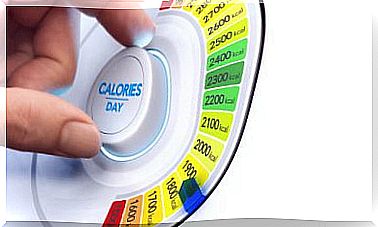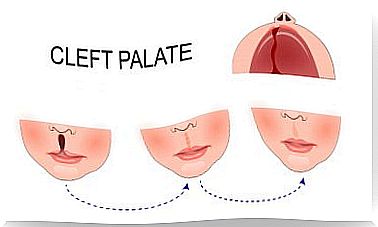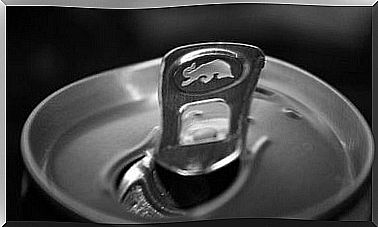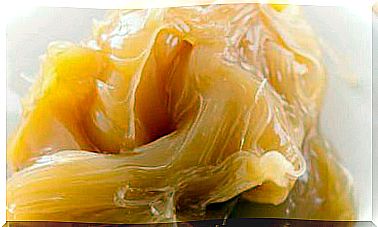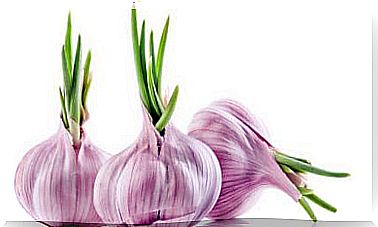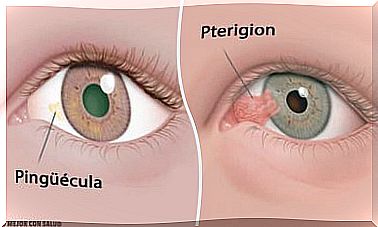Which Wine Is Healthier, Expensive Or Cheap?
There are conflicting opinions about whether a young wine is better than one older, although its price will depend on the variety of grape, as well as the aging time.
Is the price of wine related to the benefits for our health? Which wine is healthier, expensive or cheap?
When choosing which one to keep, it is good to know that the cost can be related to its benefits. Before buying, let’s see which wine is healthier.
Wine is an ancient drink and valued in many cultures for its properties. In addition, some studies show that the moderate intake of wine is beneficial for the body thanks to its properties.
It prevents cardiovascular diseases, improves intestinal flora and digestion, helps metabolize fats, has active antioxidants, and much more.
In the markets we find wines that are more expensive than others, of different denominations depending on their origin and production time.
Many wonder if cost influences how healthy it is.
Type of wine and health
It is not the price itself that influences the properties, of course, but the components of the grape and the processing time.
The fact that a wine is more or less young is related to the months it has been in the barrel aging process.
It is this degree of aging that affects the cost, and also health.
Good is not always expensive
The key word is polyphenols. These are bioactive compounds that come from plants and that, although the body can live without them, they are highly beneficial.
- They are found in the skin of fruits and vegetables and serve to protect vegetables from external aggressions.
- In the case of humans, they provide antioxidants and anti-inflammatories.
- The wine that contains the most polyphenols is red.
And here, a clue to evaluate which wine is healthier. When assessing the health-price ratio, it is important to know that there are different opinions about it.
On the one hand, young red wines are considered to be the healthiest because they conserve the greatest amount of polyphenols.
Let us remember that young people are those that have not been aged in barrels, but bottled after their vinification. And they are mostly made with the grains intact.
This makes the substances that form it maintain properties that can be lost over time. Hence, some consider them healthier wines.
Tannins
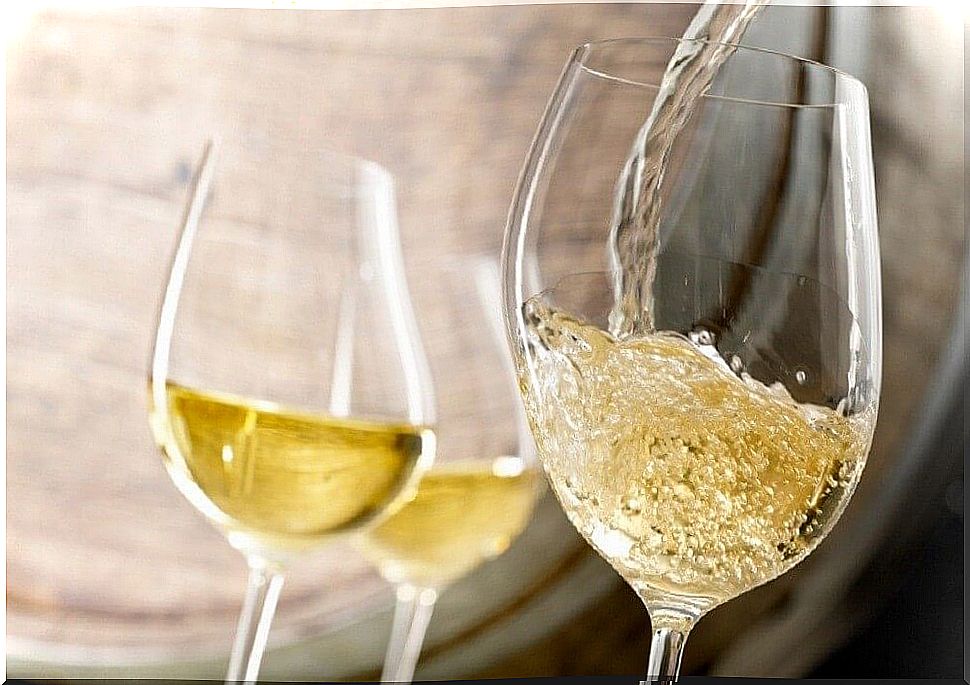
Some say that older wines are better for health. This idea is based mainly on the degree of concentration.
If the antioxidant properties and beneficial enzymes are in the skin of the grape, a longer maceration time results in a higher concentration of these components.
- Tannins also play a role here. These are a subdivision of the polyphenols to which the same healthy properties are attributed.
- Tannins are found in the seeds and skins of the fruit, as well as being present in the wood.
- This substance dissolves in wine upon contact. Those wines that remain stored in oak barrels for a longer time achieve a higher concentration of tannins.
The wines and the relationship with the purchase price
The wines that have been aged the longest are the Crianza, Reserva, Gran Reserva and Premium varieties .
Each of them spent a different number of months in oak barrels and this variable influences what we pay for it.
Longer aging time is equivalent to a more expensive product for our pocket. And more complexity in its flavor.
So which wine is healthier?
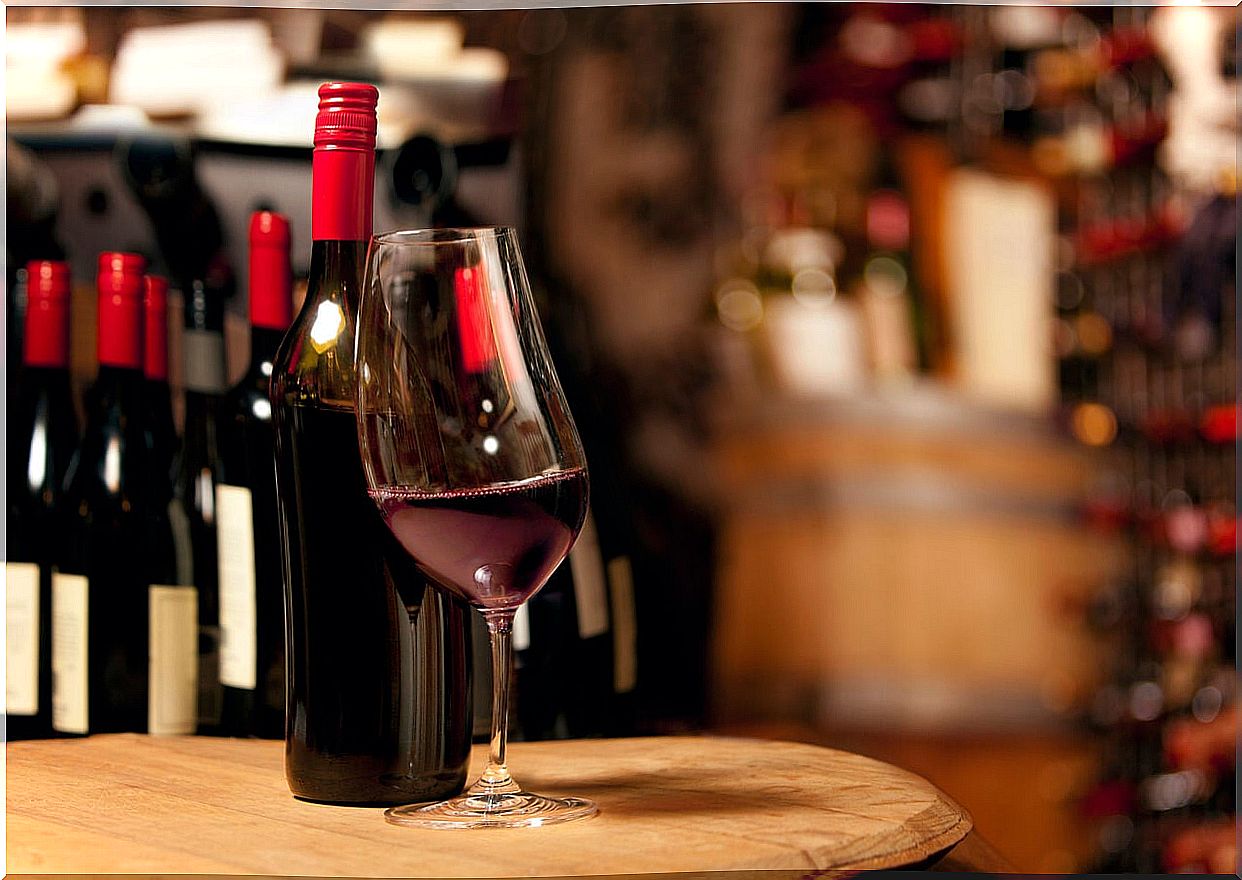
We can say, then, that the cost-benefit ratio for health is not a resolved question.
As we can see, there are scientific views that consider that certain substances lose their properties over time. This means that they are defined by the youngest wines and, consequently, cheaper.
On the other hand, there are those who affirm that those wines whose components have remained in contact with each other and with the wood are healthier. In this case, they are the oldest and most expensive.
We have seen some of the characteristics that affect the price of wine and are related to its production and properties. However, unanimous responses cannot be expected.
The decision in front of the wide range of options is very personal, and will be determined by the variables that we decide to prioritize.
Of course, what enjoys consensus is the fact that a glass of wine, especially red, is stimulating, pleasant and, in addition, healthy.

